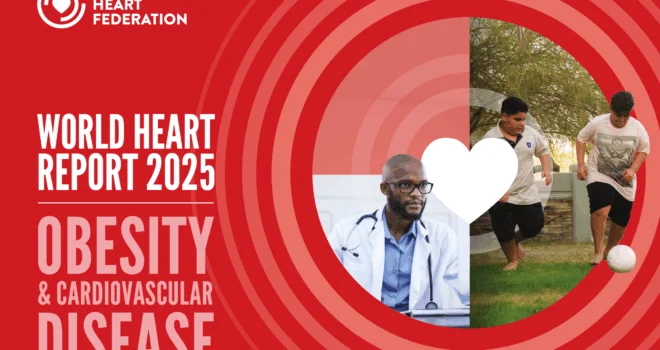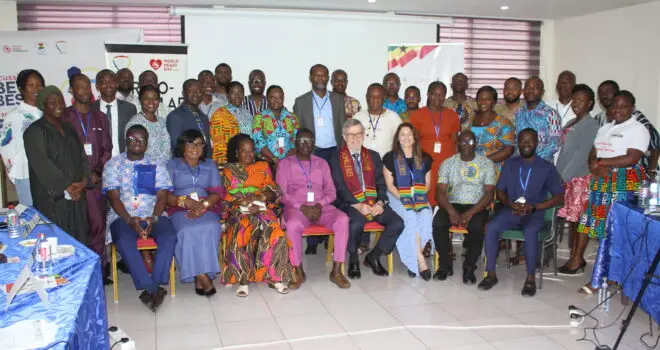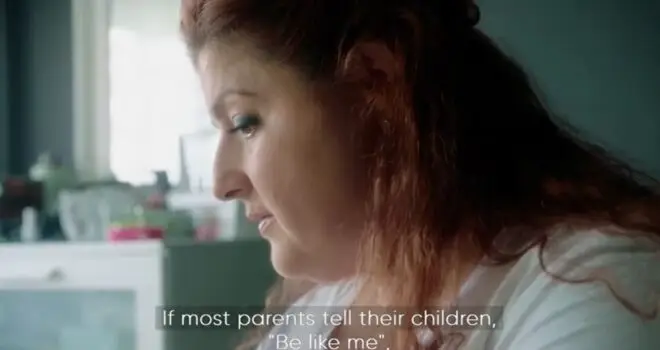Between 14 October and 22 November, the World Heart Federation challenged health professionals on the frontlines, policymakers, academics, and health advocates to “Act on Obesity” as part of its 6th World Heart Summit.
Following five global and regional webinars and an in-person Summit in Mombasa, Kenya, convened under the leadership of Profs. Liesl Zühlke and Amam Mbakwem, several key learnings emerged.
Obesity, our health systems, and our hearts
- The COVID19 pandemic exposed the weaknesses in our health systems. People with non-communicable diseases (NCDs) bore the brunt of weakened health systems during the COVID-19 pandemic. People were kept away from accessing the care that they needed. We must not allow this to happen again.
- Obesity hurts our hearts, destroys our health, and empties our pockets. For us to make any progress, all hands need to be on deck. We need to stop working in siloes and start working as a community. Because getting obesity right can make a significant difference for cardiovascular health.
- We cannot address obesity without addressing its socio-economic, environmental, and commercial determinants. They influence the food we eat, the neighbourhoods we live in, the way we work, the marketing we are exposed to, and the cultural norms we hold about healthy eating and healthy lifestyles.
- Sugar is more dangerous than gunpowder. And nutrition is becoming a particular problem in Africa, because of changing diets, cultural beliefs, marketing of sugary products to children, and the processing of traditional diets with more sugar.
What we can do about it
- We must involve people from the community, people living with NCDs. We need to train them to be leaders and advocates so they can speak about their needs and promote patient rights, and we must support them.
- We need to put our energies to target young people with messages about obesity. They should be the majority in the room when we discuss obesity.
- If we want to win the battle against CVD and obesity, human resources are key. Especially because addressing obesity requires a team effort: health professionals need to see how they can help each other and how they can help their patients. In this, nurses are key to raising awareness, especially during screening.
- Exercise is good, but you can’t outrun a bad diet. We must nourish our bodies, not feed the disease. And physicians need to be champions for change and set the example.
- The policy and health community need to help people adapt their behaviour through legislation and regulation, as we did for tobacco. We need to look at shifting our systems to protect both children and adults.


